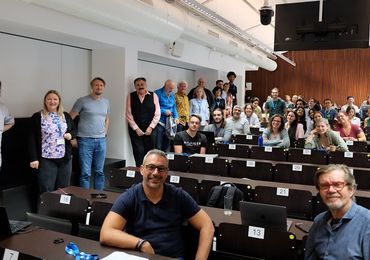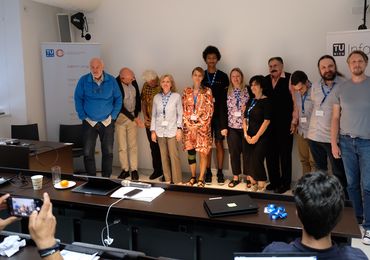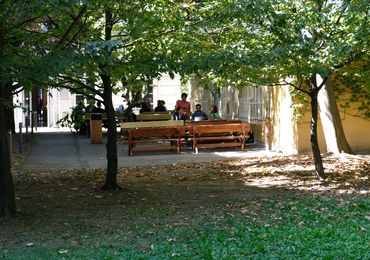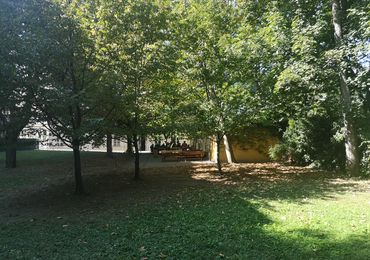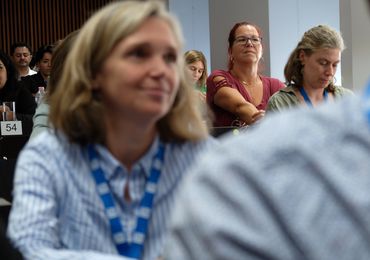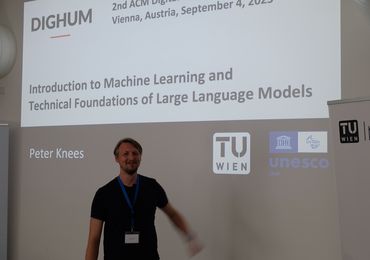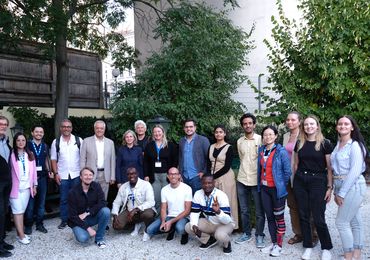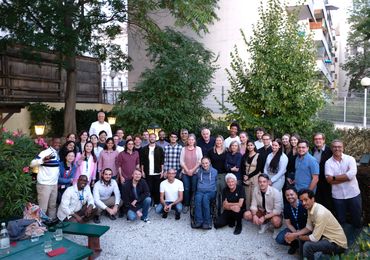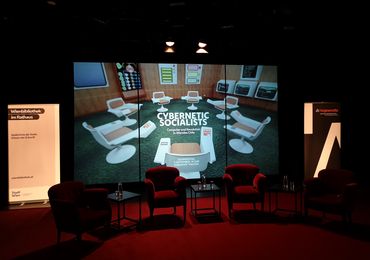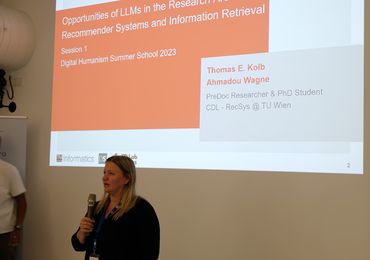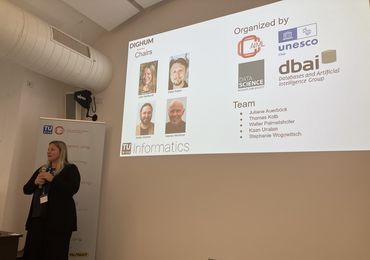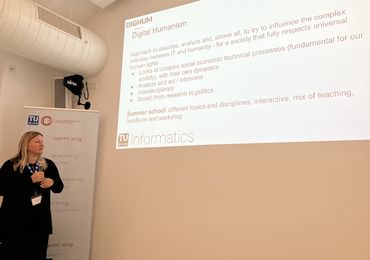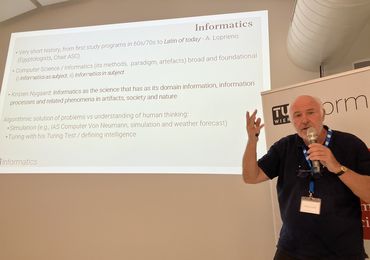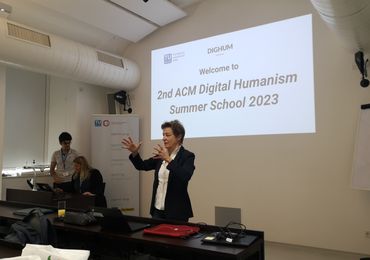2nd ACM Digital Humanism Summer School
Join leading experts in informatics, social sciences, and humanities to collaborate on pressing issues of digital politics, economy, and technology
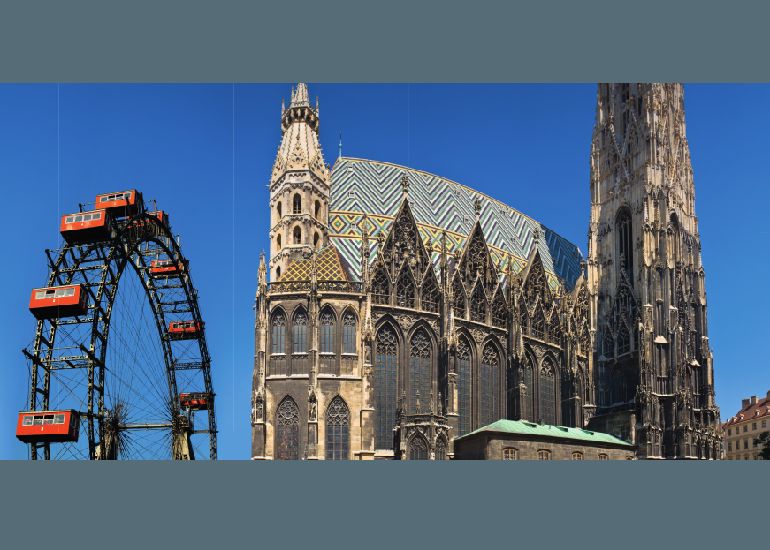
Digital Humanism is an interdisciplinary field that examines the complex interplay between technology and humankind, with the aim of creating a better society and improving our lives. It recognizes that an interdisciplinary approach is necessary, breaking down disciplinary silos and integrating humanities, social, technical, and engineering sciences.
The aim of the summer school was to provide a platform to explore and discuss key issues related to Digital Humanism. This included topics such as participation and democracy, digital politics and sovereignty, as well as recent advancements, in particular generative AI and large language models, alongside their profound philosophical and ethical implications. Globally recognized and leading academics from computer science, social sciences, and humanities presented and discussed these topics.
The goals of the summer school were to bring together students from diverse backgrounds in terms of their areas of training, i.e. their core disciplines, their biographies, and their cultural and social background. By presenting different perspectives on the impact of digital technologies and their interplay with societal developments, we have fostered interdisciplinary exchange and skilled the next generation to address the topics and pressing issues of our time and the near future from a more holistic point of view. The program of the summer school therefore provided “both directions”: technical talks to highlight potential and limitations of technologies such as AI to non-technically trained participants, as well as talks from experts in the humanities and political sciences to contextualize the use of these technologies.
All courses were taught in English. Upon successful completion of the summer school, participants were awarded either two ECTS credit points if they actively engaged in all lectures, practical components, and the group project, or three ECTS credit points if they additionally submitted a final paper.
You can access the slides and videos of the talks on the program overview page.


